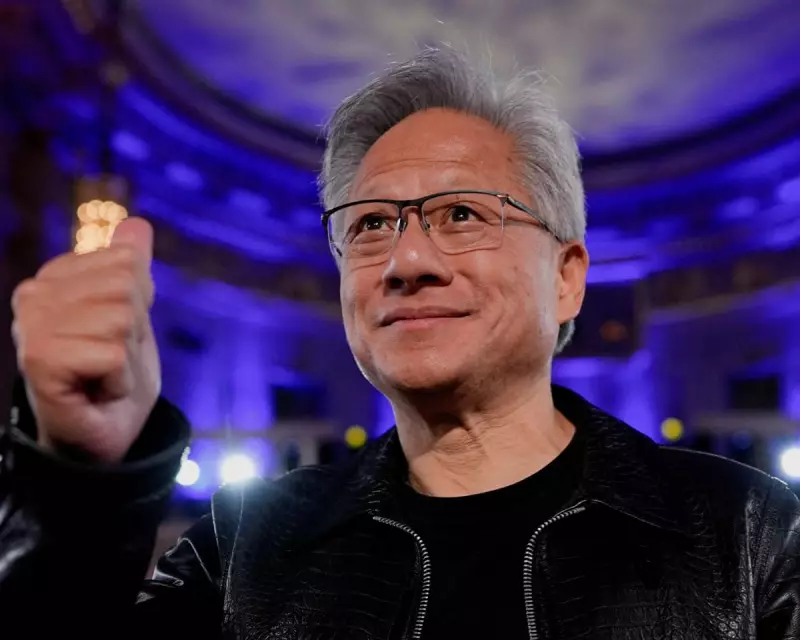
In a landmark move that could redefine Britain's technological landscape, Nvidia CEO Jensen Huang has unveiled plans for a staggering £500 million investment to establish the UK's most powerful artificial intelligence supercomputer.
The revolutionary system, dubbed 'Nscale', will be strategically located in Cambridge, creating what industry experts are calling a transformative moment for UK technology and research capabilities.
Britain's AI Ambitions Supercharged
Speaking at a high-profile announcement, Huang declared that this cutting-edge infrastructure will position the United Kingdom as a genuine global superpower in artificial intelligence. The timing coincides with the UK's ambitious strategy to become a world leader in AI development and regulation.
'This isn't just another data centre,' Huang emphasised. 'Nscale represents a fundamental shift in Britain's computational capabilities, providing researchers and businesses with unprecedented access to the processing power required for next-generation AI models.'
Cambridge: The New Epicentre of AI Innovation
The choice of Cambridge reinforces the city's status as Britain's premier technology hub beyond London. The university city's rich academic heritage, combined with its thriving tech ecosystem, makes it the ideal location for what promises to be Europe's most significant AI infrastructure project.
The supercomputer will serve multiple sectors including healthcare research, climate science, and autonomous systems development, providing British researchers with tools previously only available to Silicon Valley giants.
Strategic Implications and Global Competition
This massive investment comes at a crucial time in the global AI race, with nations worldwide competing for technological supremacy. The UK government has been actively courting major tech investments to bolster its post-Brexit economic strategy.
Industry analysts suggest that Nscale could attract additional billions in private investment and create thousands of high-skilled jobs, establishing a powerful innovation corridor between Cambridge and London's growing tech sector.
The project is expected to be operational within two years, potentially accelerating British AI research by several years and positioning the UK as a serious competitor to AI developments emerging from the United States and China.





